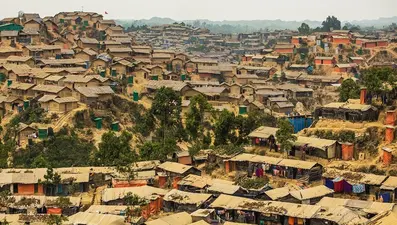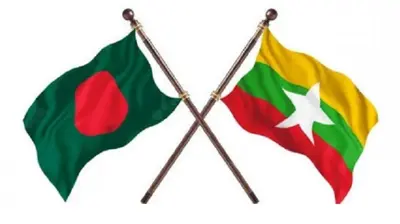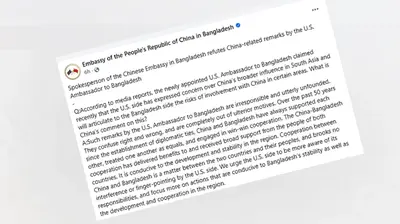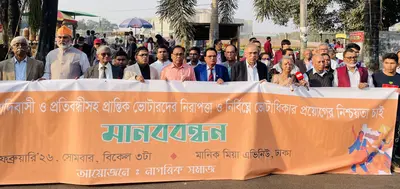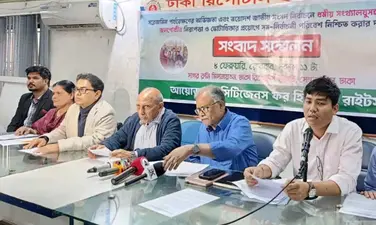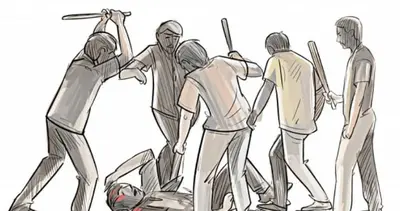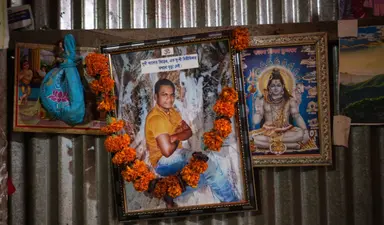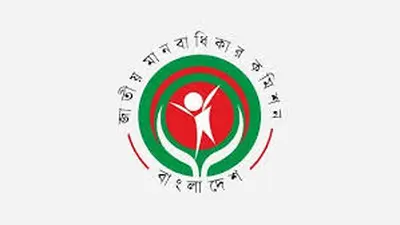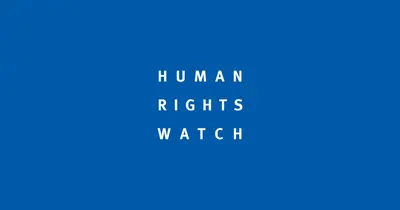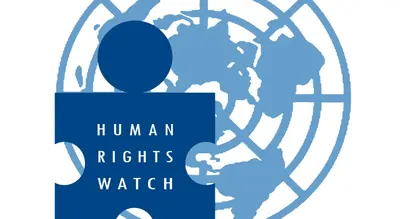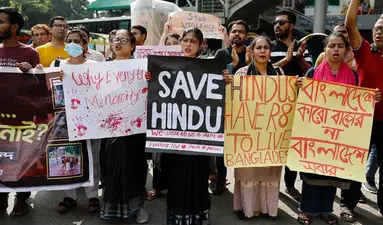One Year Since Rangamati Communal Attack and Anik Chakma Murder: Justice Still Denied

Today marks one year since the communal attack carried out by Bengali settlers on Jumma students and youth in Rangamati town, followed by the brutal murder of 18-year-old Anik Chakma. Despite multiple cases being filed, justice remains elusive as most of the accused are free on bail and the majority of perpetrators remain untouched.
On September 21, 2024, Jumma students staged a protest in Rangamati against earlier communal attacks in Dighinala and Khagrachhari. In response, Bengali settlers unleashed a series of assaults, arson, and looting, targeting Jumma homes, businesses, Buddhist monasteries, and the Chittagong Hill Tracts Regional Council office. Property worth over Tk 8–9 crore was destroyed.
During the violence, Anik Chakma, a first-year college student, was beaten to death with bricks and sticks on Kalindipur Road. The killing, captured on video, shocked the nation as the attackers’ faces were clearly visible.
At least three known cases were filed, including one by Anik’s father, another by police, and one by the Regional Council. Later, Anik’s mother also lodged a case. Police arrested seven suspects in two phases, but five were quickly released on bail. Only Rubel, one of the accused in the murder case, reportedly gave a confessional statement.
Although case documents name between 2,000 and 3,000 perpetrators, only a handful have been brought into custody. Rights activists allege deliberate negligence in the investigation, leaving most attackers beyond accountability.
For the Jumma community, the absence of justice for Anik Chakma’s killing and the communal attacks highlights a continuing cycle of impunity in the Chittagong Hill Tracts.


